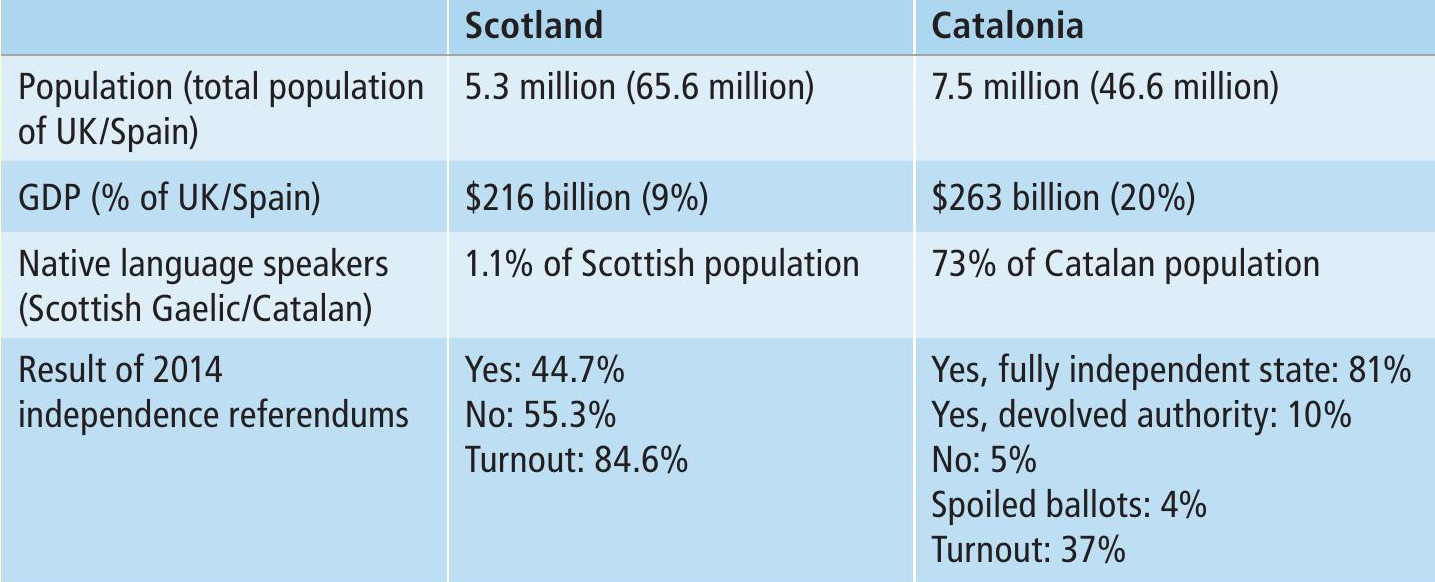
The concept of a ‘nation-state’ combines the theory of a sovereign state with the looser idea of a nation. A state is defined by the exercising of internal and external sovereignty over a clearly defined geographical region. In comparison, what constitutes a nation is less clear cut, but tends to focus around a shared language, religion and culture.
A nation-state links the two — apeople with a shared identity being ruled by a centralised authority in their name. The nation-state’s European roots originate in the sixteenth century, as countries such as England found themselves ruling over an increasingly clearly defined area, with a people who were beginning to see themselves as ‘English’. The unity that this brought allowed for greater ease of rule. Not only could leaders appeal to this, but it also made it easier to present other states as ‘other’ to your own.
Your organisation does not have access to this article.
Sign up today to give your students the edge they need to achieve their best grades with subject expertise
Subscribe




